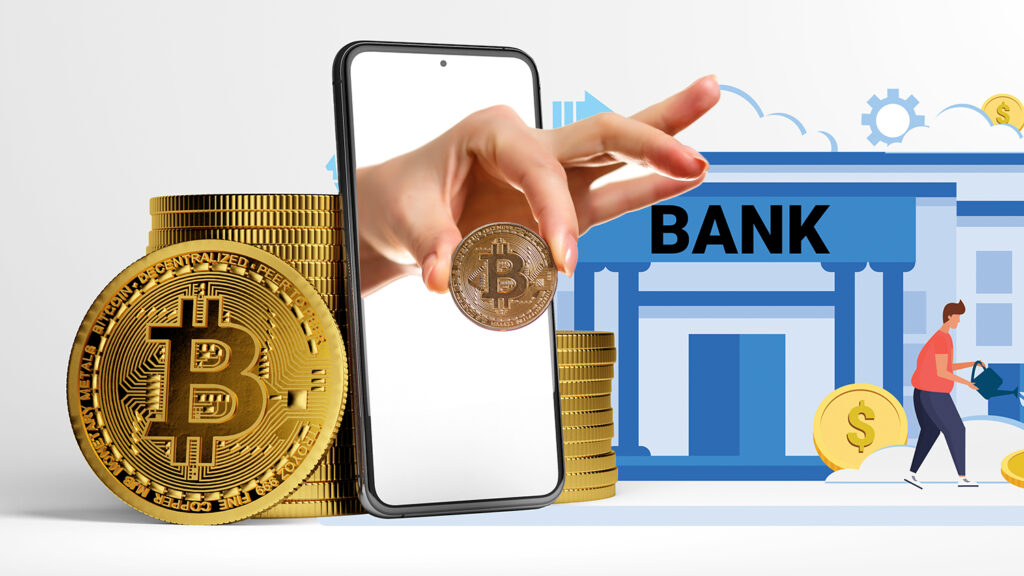In the past, if you wanted to borrow money, earn interest, or transfer funds internationally, your only real option was to go through a traditional bank. Today, Decentralized Finance (DeFi) is giving people a new path—a blockchain-based alternative that doesn’t rely on middlemen.
So, what exactly makes DeFi different from traditional banking? Let’s break it down.
1. No Middlemen or Banks Required
Traditional banks act as intermediaries. When you deposit money, apply for a loan, or send a wire transfer, the bank processes everything—and takes a cut for the service. In DeFi, smart contracts (self-executing code on the blockchain) do the job instead. There’s no bank, just peer-to-peer transactions governed by transparent rules.
2. Open to Everyone, Anytime
Banking services are often limited to people who pass certain checks, live in specific countries, or meet minimum balance requirements. DeFi is open to anyone with a crypto wallet and an internet connection. No credit checks. No paperwork. No gatekeepers.
3. Runs on Blockchain Technology
Traditional finance runs on centralized servers owned by banks and governments. DeFi lives on public blockchains like Ethereum, where all transactions are transparent and traceable. That means you can verify everything that happens without needing to trust a central authority.
4. 24/7 Access
Banks close on weekends and holidays. DeFi never sleeps. You can trade, borrow, lend, or earn interest 24/7, from anywhere in the world. This global, round-the-clock access is one of the most empowering parts of decentralized finance.
5. Higher Risk, But Also Higher Rewards
With DeFi, there’s potential for higher returns, especially when compared to the low-interest savings accounts of traditional banks. However, the risks are also higher. Smart contract bugs, volatile prices, and scams can lead to losses. It’s a bit like exploring a new frontier—you need to do your homework and stay cautious.
6. You Control Your Own Money
Perhaps the biggest difference is ownership. In traditional banking, your money is technically controlled by the bank. They can freeze accounts, charge fees, or impose withdrawal limits. In DeFi, you hold your private keys, meaning you’re in full control. This self-custody gives you financial freedom—but also full responsibility.
Final Thoughts
DeFi isn’t just a trend—it’s a revolution in how we think about money, trust, and access to financial tools. While traditional banking still plays a major role in the world, DeFi is carving out a space that empowers individuals, especially those underserved by the current system.
Whether you’re just getting started or already exploring DeFi apps, understanding these differences is key to making smarter decisions in this exciting new world of finance.

